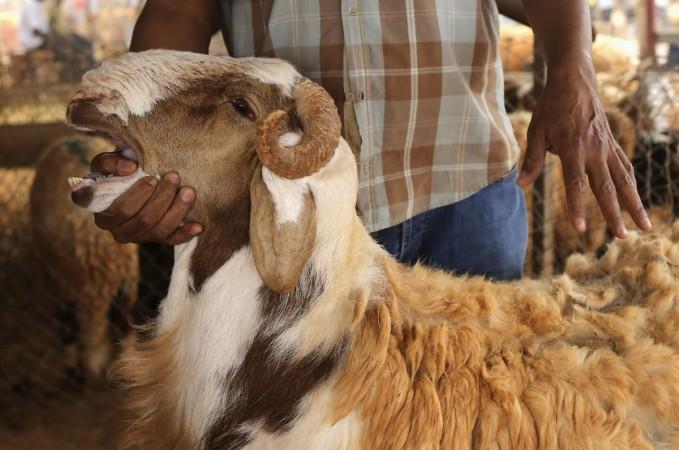
Eid al-Adha, otherwise known as "Bakrid" and "Greater Eid," has finally arrived and Muslims in most countries are celebrating the "Feast of Sacrifice" on Monday, Sept. 12, 2016. Unlike other festivals, which falls on the same date around the world, Eid al-Adha is celebrated on two different days depending on the geographical locations.
A majority of the countries are celebrating Eid al-Adha on Sept. 12 this year, following the decision ruled by Saudi Arabia's Supreme Court last Friday. The U.S., Canada and the Islamic society of North America as well as European Council of Fatwa and Research follow Saudi calendar and are hence celebrating Eid on Monday, the same day as Saudi Arabia.
But there are several countries such as India, Pakistan and Bangladesh, which will observe the Eid al-Adha festivities on Tuesday, Sept. 13. This is the same practice for both major Eid celebrations by Muslims around the world.
For instance, Eid al-Fitr was celebrated on July 6 in most countries including Saudi Arabia, while India marked the end of Ramadan on July 7. If this raises the question of why Muslims celebrate the same Eid on two different dates in different parts of the world, the explanation is simple.
Muslims follow the lunar calendar and mark all their months and festivals based on moon sightings. Since Eid al-Fitr is the first day of Shawwal, which is the 10th month of the lunar Islamic calendar, the sighting of the crescent moon marks the festival. But Eid al-Adha falls on the 10th day of the final month of lunar Islamic calendar - Dhu al-Hijjah. When the Dhu al-Hijjah moon is sighted, Eid al-Adha celebration is confirmed for 10 days later.
Moon is sighted on different dates in different countries, and based on that Muslims celebrate their Eid.
Earlier it was expected that Eid al-Adha will be celebrated in most parts of the world on Sept. 11, but the authorities failed to sight the Dhu al-Hijjah crescent on September 1. Eid al-Adha celebrations are carried on for 3-4 days, during which domestic animals, such as cow, sheep, goat, ram and camel, are sacrificed, which symbolises Prophet Ibrahim's willingness to sacrifice his only son.














